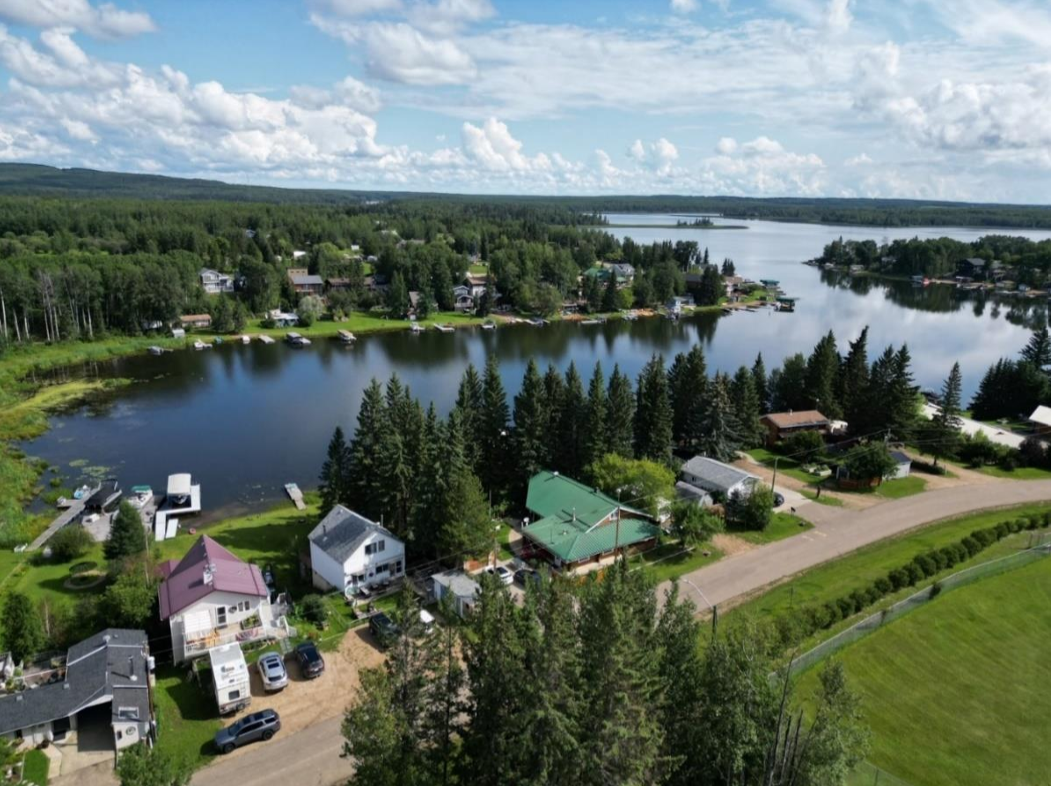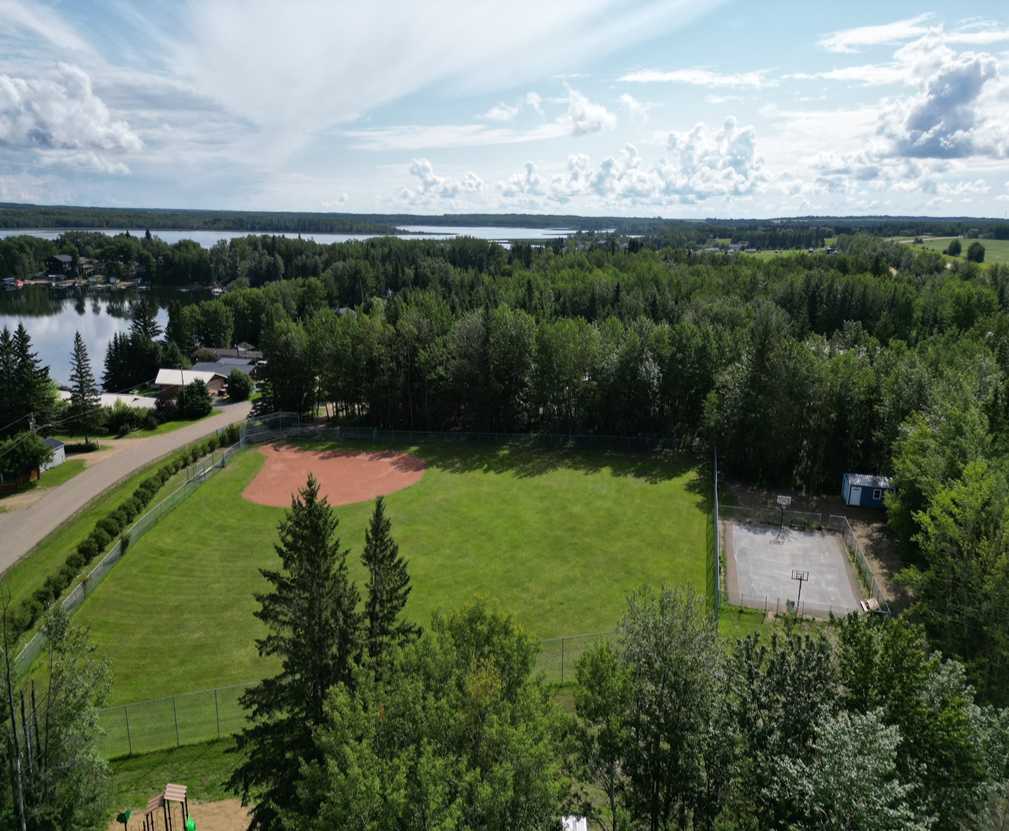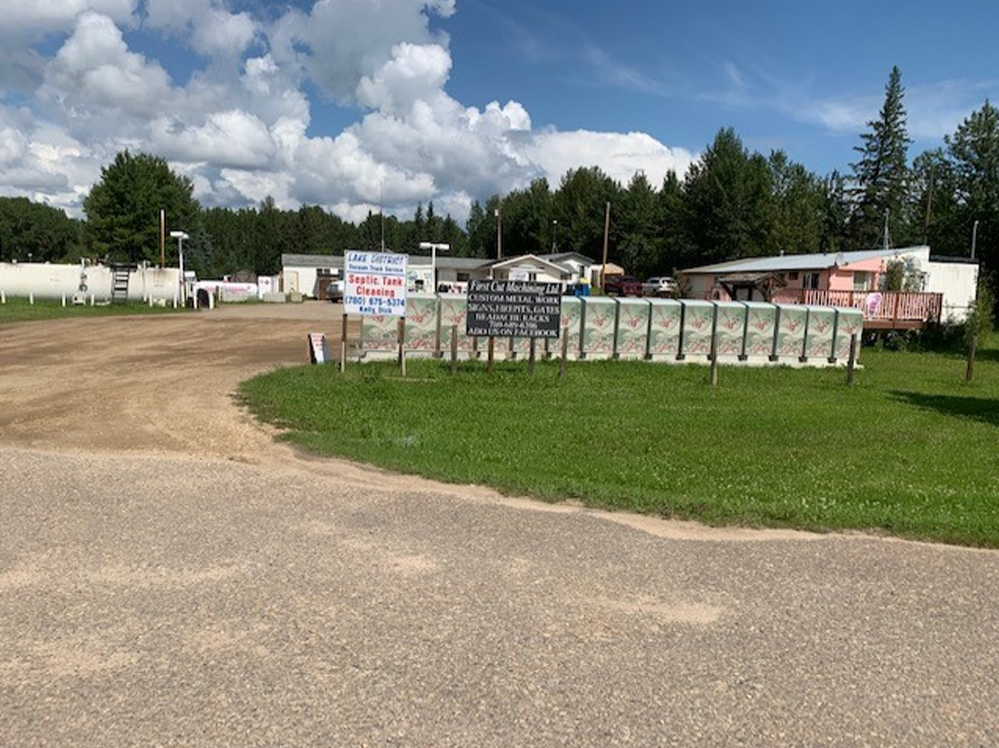Overview
The Summer Village of Island Lake received $71,685 in grant proceeds for the completion of a Climate Adaptation and Resilience Plan.
The project was funded in part by the Government of Alberta, through the Municipal Climate Change Action Centre’s Climate Resilience Capacity Building Program.
Approach
The Summer Village of Island Lake (SVIL) is a small community in northern Alberta located in Athabasca County and situated on the western shore of Island Lake.
This Plan was designed to build the capacity of SVIL’s staff and residents to be able to assess their actions through the lens of a changing climate and ensure that projected future climate conditions are adequately considered during decision-making.
SVIL retained Morrison Hershfield Ltd. to develop a Climate Adaptation and Resilience Plan, following the PIEVC High Level Screening Guide process.
A site visit took place on July 28, 2023, to better understand the existing conditions of community elements included in the assessment and hear concerns from community members regarding extreme weather events and climate change.
Morrison Hershfield (MH) conducted an internal risk assessment workshop following the site visit to assess impacts of climate hazards on community elements. The MH team then conducted a second internal workshop after risk assessment results were compiled to brainstorm and prioritize adaptation actions.
Results
The Plan is structured around the four community element categories – infrastructure, buildings, natural systems and assets, and community.
The scope of the climate risk assessment included 12 climate hazards and their impact on 15 distinct community elements. The assessment identifies 42 high, 19 extreme, and 13 special consideration risks for a future climate period. Extreme heat, wildfire, and extreme storms are among the hazards with the largest number of high and extreme risks.
Some of the highest risks to community elements under future climate conditions included the impacts to residents as a result of extreme heat and wildfire smoke, and the impacts of drought on private drinking water systems.
The plan identifies 49 adaptation actions, including 22 high priority actions, that SVIL can implement to increase climate resilience. Many of these actions build upon and are supported by existing practices and programs including FireSmart.
The plan is designed with the capacity and resourcing challenges of a small, rural community in mind, and it achieves a balance between governance and community approaches that can result in co-benefits wherever possible.
Benefits
This plan strengthens the capacity of SVIL staff and residents to understand what climate hazards could potentially impact the community most, and what elements of the community are most at risk.
There is a direct benefit to the community as a result of this work, specifically the ability to remain self-sufficient and community-oriented, even in the face of future climate uncertainty.
As a result of this project, the Village’s staff and residents are equipped to apply a climate lens future decision making.
It is important that communities of all sizes prioritize resilience to climate impacts even though there is still uncertainty about where, when, and how severe these impacts may be over time. We need to reduce some of this uncertainty allowing our community to embark on a journey to learn about potential climate hazards and project changes in the future. This plan allows the SVIL to learn how the climate is projected to change into the future and how climate hazards may impact our community and what actions we can take to increase our resilience.
Chad Newton, Mayor, Summer Village of Island Lake






You must be logged in to post a comment.